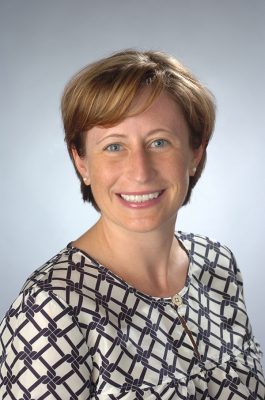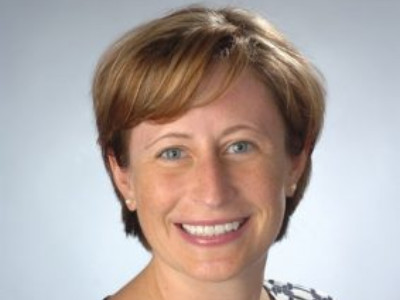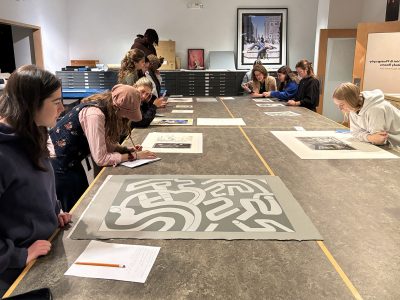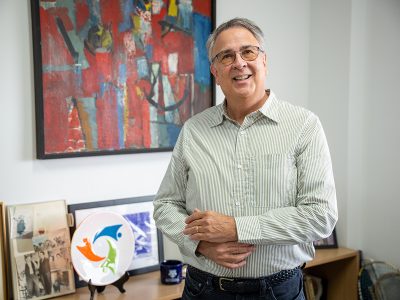Adults With Intellectual Disabilities Often Excluded From Clinical Trials, Research Finds

Scientific breakthroughs aren’t possible without the painstaking process of clinical trials. So what happens when many of those trials leave out large portions of the population?
Katherine McDonald, a professor of public health and associate dean of research in the Falk College of Sport and Human Dynamics, set out to answer that question in her latest research paper: “Eligibility criteria in NIH-funded clinical trials: Can adults with intellectual disabilities get in?” published in the Disability and Health Journal. Co-authors include Ariel E. Schwartz, assistant professor in the Department of Occupational Therapy at Mass General Brigham Institute of Health Professions, and Maya Sabatello, associate professor in the Departments of Medicine and Medical Humanities and Ethics at Columbia University. The work was funded by the Collaboration for Unprecedented Success and Excellence (CUSE) Grant Program at Syracuse University.
McDonald focuses her research around the theme of creating inclusive communities. In this SU News Q&A, she answers questions about how this discriminatory practice surfaces in studies and underscores the importance of representation from all segments of society in scientific work.



